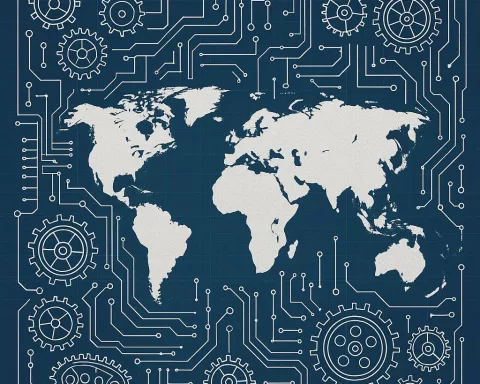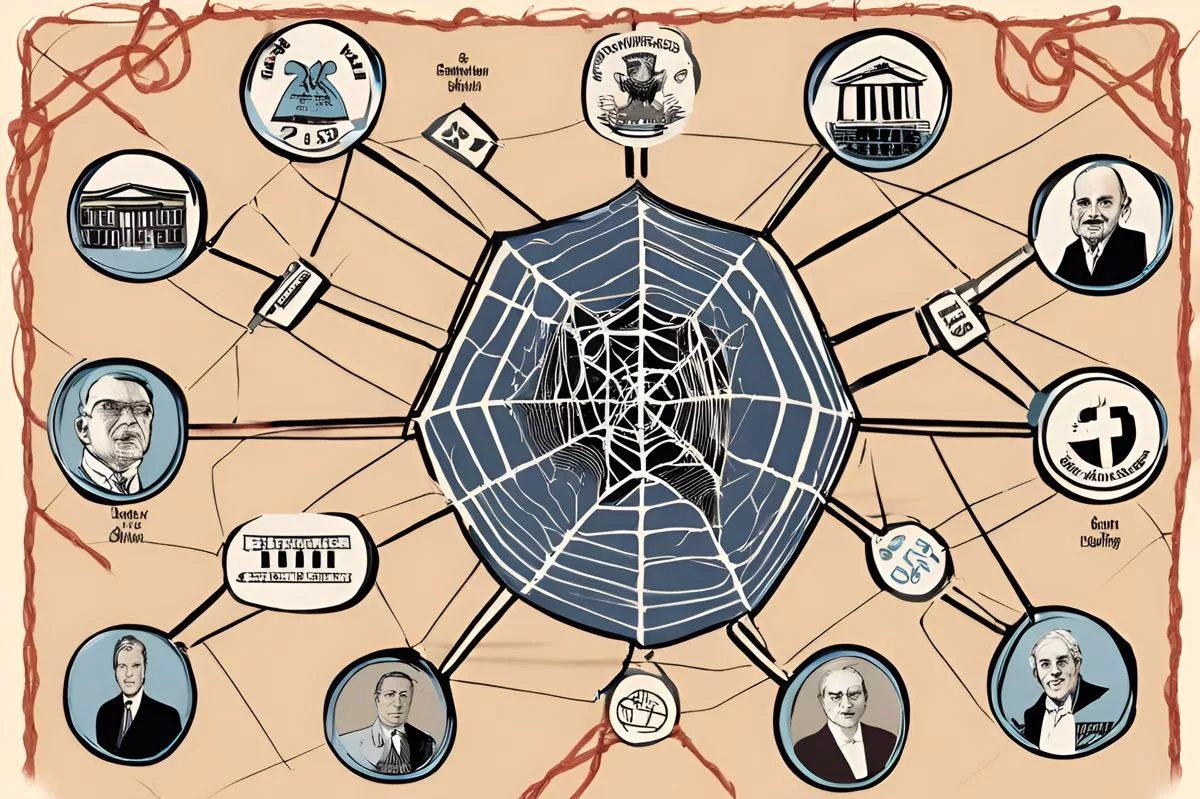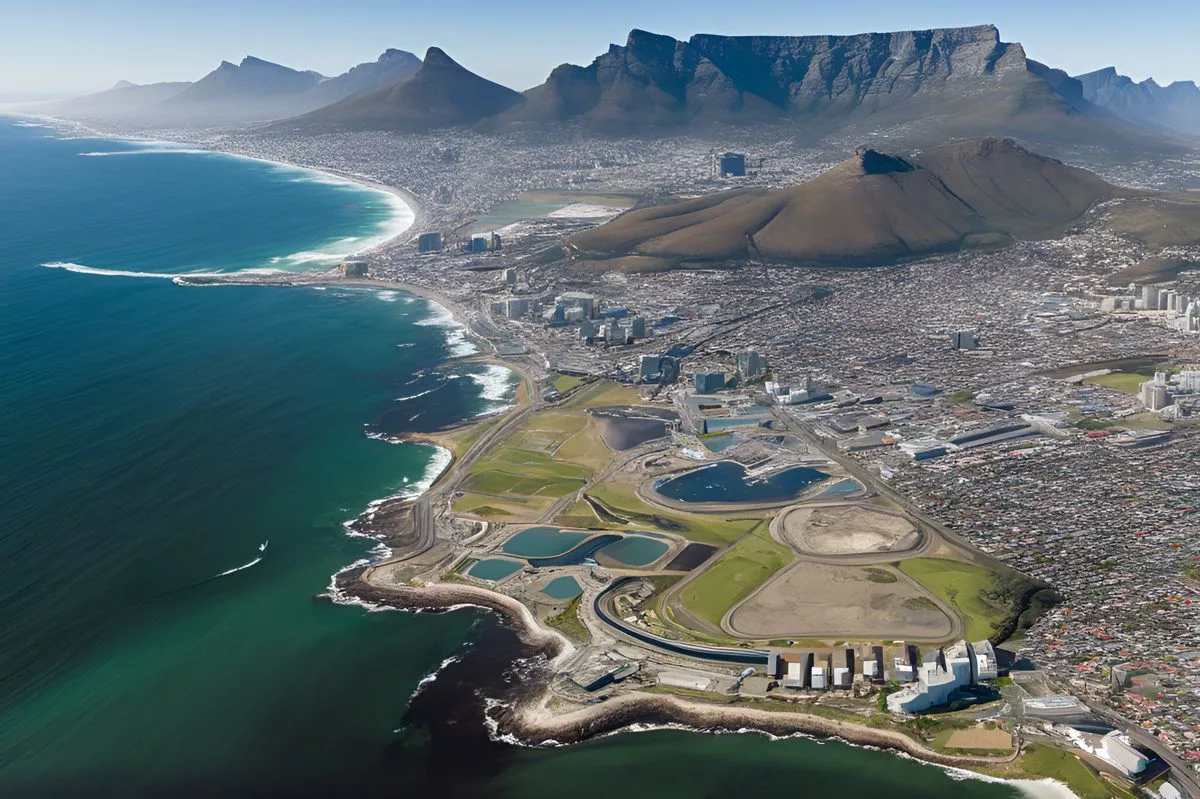The Department of Home Affairs in South Africa plays a crucial role in the country’s governance by managing visas, permits, and fighting corruption. Their efforts to reduce backlogs in visa processing help bring skilled workers into the economy, boosting growth and development. The department also works hard to ensure fairness and security, with an anti-corruption unit tackling illegal activities. Additionally, they are focused on addressing humanitarian issues, such as improving conditions for refugees, while embracing technology to make processes more efficient. Overall, their work reflects a commitment to progress, accountability, and the well-being of all South Africans.
What is the role of the Department of Home Affairs in South Africa’s governance?
The Department of Home Affairs is vital in South Africa’s governance, focusing on visa and permit processing, combating corruption, and managing humanitarian concerns. It streamlines bureaucratic procedures, enhances economic growth through skilled migration, and ensures national security by maintaining integrity in its operations.
Revitalizing Visa and Permit Processing
In South Africa’s dynamic governance landscape, the Department of Home Affairs plays a pivotal role by tackling visa and permit backlogs. This task, recently praised by the Portfolio Committee on Home Affairs, marks a crucial step in the nation’s efforts to streamline bureaucratic procedures and bolster economic growth through skilled migration. Recognizing the significance of this initiative, the committee’s visit to the backlog operation center set the stage for a comprehensive oversight program targeting various departmental entities within Gauteng.
During their visit, committee members observed the meticulous processes implemented to ensure a seamless and verifiable application process, expressing their admiration for the department’s efficiency. This initiative extends beyond administrative functions, serving as a vital component of South Africa’s economic engine. By facilitating the entry of essential skills, the Department contributes to national development, making it indispensable in reducing unnecessary legal disputes involving the department.
In a world where governance and economic needs intersect closely, the permitting process carries strategic weight. By enabling the influx of specialized talent, the Department addresses workforce gaps and aligns with broader goals of economic expansion. It acknowledges that human capital is a foundation of sustainable growth. The committee’s recognition of this initiative underscores the current administration’s forward-thinking approach, eager to harness talent to advance the nation.
Strengthening Integrity and Combating Corruption
Equally significant is the Department’s anti-corruption unit, which stands as a robust defense against internal malfeasance. The committee commended this unit’s efforts and advocated for additional resources to enhance its capabilities. This recognition reflects a broader understanding that the integrity of the permitting system is fundamentally tied to national security. The unit’s collaboration with law enforcement to combat illegal activities, such as the cross-border transportation of stolen vehicles, illustrates a proactive governance approach where department synergy enhances overall effectiveness.
However, the committee’s praise came with a note of caution due to the Department’s recent audit regression. The decline in audit opinion for the 2023/24 fiscal year marks a setback, especially given prior advancements. Non-compliance with established laws and regulations poses a threat to the foundational governance standards essential for effective administration. Chairperson Mr. Mosa Chabane emphasized the urgency of corrective measures, spotlighting the delicate balance between progress and accountability.
Material irregularities identified within the finance department, worsened by the resignation of skilled staff, contributed to this regression. The committee stressed the importance of succession planning to uphold audit integrity. They welcomed the Department’s proactive measures to address these issues, including plans to fill critical vacancies and develop an audit action plan. This response reflects a commitment to transparency and improvement, highlighting the Department’s determination to swiftly rectify shortcomings.
Addressing Humanitarian Concerns and Enhancing Border Management
Turning their attention to the human dimension of these bureaucratic processes, the committee focused on the Tshwane Refugee Reception Centre in Marabastad. The tragic death of a refugee highlighted the urgent need for reforms in managing refugee inflows. The committee’s planned visit to the center aimed to assess ongoing processes and evaluate efforts to streamline operations. This visit extended beyond administrative oversight, showcasing a compassionate response to human tragedy and a commitment to safeguarding the dignity and rights of vulnerable populations.
Moreover, the committee’s engagement with the Border Management Authority reveals a future-oriented agenda, concentrating on strategic planning and addressing funding challenges. This entity’s role in maintaining national security and facilitating legitimate cross-border movement is crucial. By tackling financial constraints and outlining their plans for the coming year, the Border Management Authority solidifies its position as a cornerstone of national security.
The committee’s itinerary also included a visit to a site dedicated to the digitization of records, an initiative with extensive implications. The digitization process aims to enhance efficiency, improve accessibility, and protect vital records. In an era where digital transformation is key to organizational success, this initiative places the Department at the forefront of technological advancement.
Balancing Progress and Accountability
Overall, the oversight activities of the Portfolio Committee on Home Affairs reflect a nuanced understanding of the interplay between governance, economic development, and social responsibility. Through a balanced blend of commendation and critique, the committee’s efforts illuminate a path forward for the Department of Home Affairs. Their oversight underscores the importance of accountability and continuous improvement in upholding the integrity of South Africa’s administrative framework. Through strategic initiatives, careful resource allocation, and a commitment to transparency, the Department stands ready to navigate future challenges and opportunities, reaffirming its role as a pillar of national development.
“`markdown
Frequently Asked Questions (FAQ)
What is the primary role of the Department of Home Affairs in South Africa?
The Department of Home Affairs is essential for South Africa’s governance, overseeing visa and permit processing, combating corruption, and addressing humanitarian issues. It aims to enhance economic growth through skilled migration and maintain national security by ensuring integrity in its operations.
How is the Department of Home Affairs addressing visa and permit backlogs?
The Department is actively working to reduce backlogs in visa and permit processing, which has been praised by the Portfolio Committee on Home Affairs. Their efforts include implementing meticulous processes to ensure a seamless application experience, facilitating the influx of skilled workers to support national development and economic growth.
What measures does the Department of Home Affairs have in place to combat corruption?
The Department has established an anti-corruption unit dedicated to preventing malfeasance within its operations. The unit collaborates with law enforcement to address illegal activities, ensuring the integrity of the permitting system. However, there is a noted need for additional resources to enhance its capabilities following a recent audit regression.
How is the Department of Home Affairs addressing humanitarian concerns, particularly for refugees?
The Department is focused on improving conditions for refugees, as evidenced by its engagement with the Tshwane Refugee Reception Centre. The committee’s planned visits to assess and streamline operations underline a commitment to safeguarding the dignity and rights of vulnerable populations amid ongoing challenges.
What technological advancements is the Department of Home Affairs pursuing?
The Department is embracing technology to enhance operational efficiency, including initiatives for record digitization. This move aims to improve accessibility and protect vital records, positioning the Department at the forefront of digital transformation in governance.
How does the Department of Home Affairs balance progress with accountability?
The oversight activities of the Portfolio Committee on Home Affairs reflect an understanding of the need for accountability and continuous improvement. By blending commendation with constructive critique, the committee promotes strategic initiatives and resource allocation, ensuring that the Department effectively navigates future challenges while upholding the integrity of South Africa’s administrative framework.
“`












